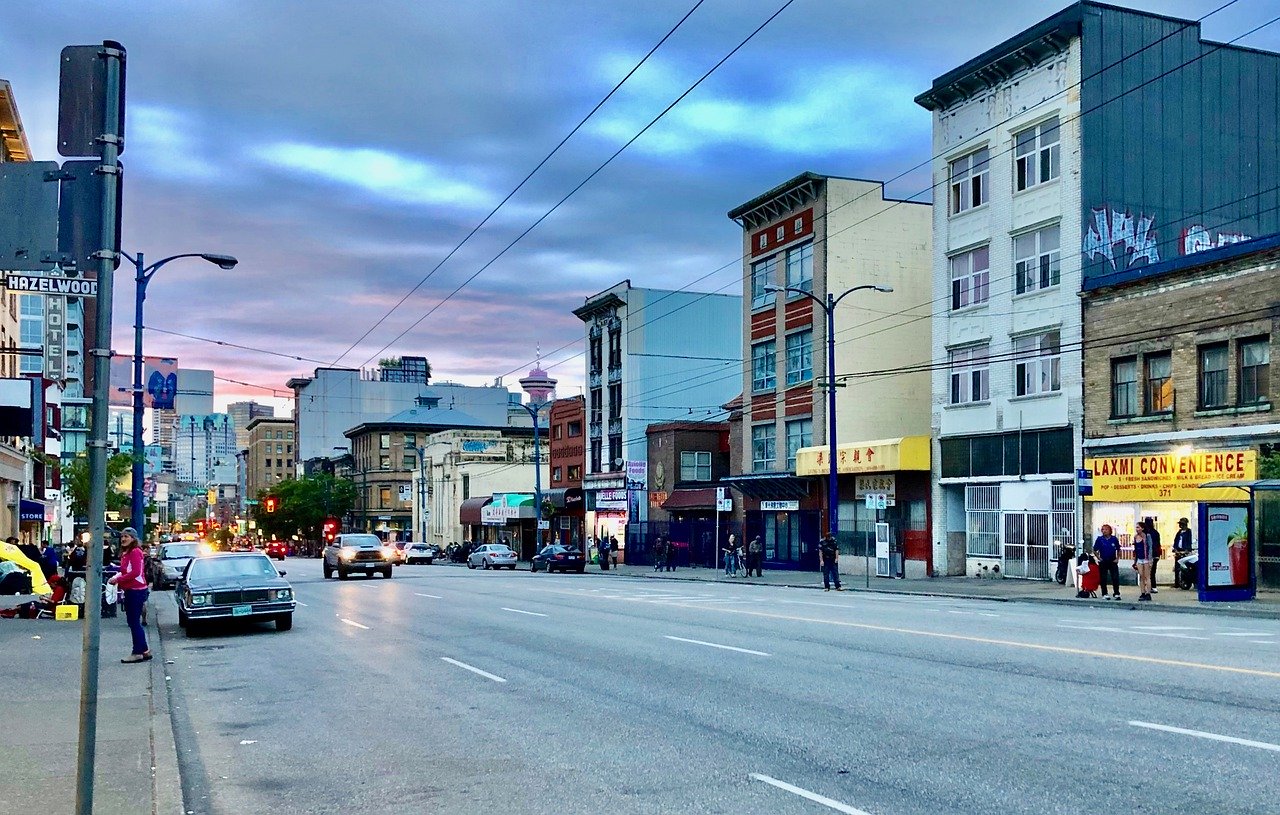Seattle is hemorrhaging small, high-character shops and eateries owing to the high cost of commercial leases and the downturn of the pandemic economy. Here’s a recent compilation of the losses, including what may be the city’s oldest saloon, reported by Danny Westneat.
So let me make a suggestion for how the city can ride to the rescue, and quickly. It involves borrowing current ideas for selective retail subsidies from various other cities. One is in Italy, where I now live in a small town. Some towns with declining populations are enticing people back with low-cost deals on buildings. “One-Euro houses” are offered, purchased by the city government and put back on the market. They are not just given away to anyone but come with a handful of conditions, one of which is to renovate the structure and commit to occupy it.
Translated to commercial space in Seattle, this concept might work this way: For any ground floor space that has been vacant – for, say, three years — the City would acquire the master lease. To ensure this wasn’t a windfall for the building owner, the lease would be for a fraction of market rate. (Some income is better than none, many landlords would figure.)
The City would turn around and market it to two categories: 1) For-profit businesses, that are locally-owned, that would lease the space at a modest rate. 2) Non-profit organizations, artists, musicians, and social services that would lease a space for a dollar a year. Only tenants using less than 2,000 square feet would qualify, to ensure that small businesses and groups were benefited. After occupying the space for three years and proving stability, the tenants would begin to pay rent based on a yearly escalating schedule.
Turns out this idea has already been tried in North America, to considerable success. Many years ago I noticed all the small, quirky businesses lining the streets in certain areas of Vancouver B.C. By contrast, Seattle only seemed to be attracting larger stores and services like banks that often consumed half of a block front. I inquired of Vancouver officials how they got this diverse mixture of small-scale enterprises. The department head said that in those select areas, the City of Vancouver manages the leasing. They would actually go out into the community and find people to fill the spaces.
Seattle could apply this approach to designated areas. First Avenue might be a candidate, particularly if private cars were prohibited. Another good neighborhood for this experiment would be Pioneer Square. There might be other parts of downtown or neighborhood districts that are seeing high vacancies.
In cities, active, varied streets are critical. They increase public safety, putting “eyes on the street.” They provide opportunities for businesses and organizations to start up and thrive over time. They give residents and visitors choices and a sense of being in a vital, dynamic, walkable, urbanist community.
Discover more from Post Alley
Subscribe to get the latest posts sent to your email.

Mark, This is an excellent idea. I spent a month in Sicily visiting towns and noticed how many small individually owned shops there were. I don’t know if it was by chance, tradition or government support, but their presence created a very welcoming environment to both shoppers and I assume residents. The city council’s central staff could be directed to look into this proposal and bring it up at a council committee meeting to invite the appropriate city departments to participate. It just needs someone to light the fire under them – Mark!
Man, I hope this happens. I have been thinking this is a good idea for so long but since it’s never happened I just assumed it was completely infeasible. But if it’s going to happen, it will need support from building owners and landlords as well as the city government. Small street level businesses make the city a more livable and attractive place and that benefits everyone.
Some comments, very much in support of Mark’s idea.
1. Important that this idea not be limited to downtown but spread throughout neighborhood business districts and less affluent neighborhoods.
2. It may seem ill-timed for now, since many shops cannot be fully open. But they are doing well with door-service and delivered goods. The idea also allows some fragile shops to “shelter in place” in a storefront with sharply reduced rents, getting though the downturn.
3. Pair the idea with re-imagining streets. Streets that ban cars (allowing service vehicles, taxis, delivery) would also feature these reduced-rent storefronts, as well as readier use of outdoor spaces nearby.
4. When the city steps in this way, relax the retail requirement to allow live-work units, residential, non-profit offices, day-care, housing. One problem with Seattle’s retail is we require too much of it, diluting their business and prompting developers of towers to write off the ground-floor spaces.
Excellent ideas for reimagining the city post-pandemic. A New York Times article also looks at the future of once vibrant urban centers and suggests that they will recover in a way that creates “a cheaper, messier, more diverse equilibrium.” https://www.nytimes.com/2020/07/21/business/economy/coronavirus-cities.html
I can’t think of anyone who has worked harder on finding fair, enforceable ways to train development for good urban design in this region. Thanks, Mark. To David’s fourth point, a better term for the problem square footage might be ground-floor storefront space instead of retail. The point is that it should be transparent, lively, and serve the community and the public realm. The use of visible space inside should be considered, too, whether it is composed by retail businesses, artists or architects.
Here’s an account of how badly things are stacked against small business. Those PPP loans were skewed toward large companies, who have many other advantages, “from tax codes that benefit multinational corporations to the erosion of antitrust laws to a health care system that puts the onus of providing insurance on employers, myriad policies favor large corporations over the interests of small business owners.”
https://www.vox.com/the-highlight/21320361/small-business-closing-covid-coronavirus-ppp-entrepreneur-economy-stimulus-loans